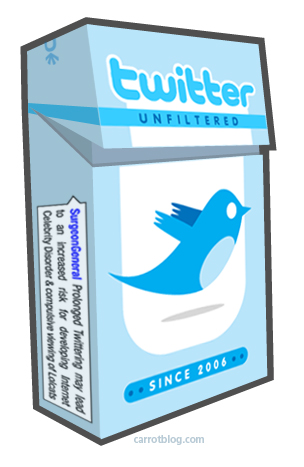
Holy and Unholy Tweets
The upcoming week is a sacred one for both Jews and Muslims. Tuesday night ushers in Yom Kippur, the Day of Atonement that is the climax of the 10 Days of Awe and is the holiest day of the Jewish year. Traditional Yom Kippur observances include a full day of fasting followed by communal break-the-fast meals. Many congregations run food drives to assuage the hunger in their communities that is neither voluntary nor holy.
Wednesday night ushers in Eid al-Adha, the 4-day Festival of Sacrifice that marks the willingness of Ibrahim to sacrifice Ishmael and God’s ultimate substitution of a sheep for the son that was a gift to Ibrahim (the Jewish version of this story is known as the Binding of Isaac). Eid al-Adha marks the end of the Haj, the pilgrimage to Mecca that observant Muslims are required to make at least once in their lifetime if they are able; observances of Eid al-Adha, also known as the Greater Eid, include communal meals, the exchange of gifts, and donations to the poor.
This close proximity of Jewish and Muslim holy days is a welcome counter to the close proximity of bigotry that has plagued Jews and Muslims during this past week. On Tuesday, in Irving, Texas, Ahmed Mohamed, an intellectually ambitious and adventurous ninth-grader, was taken into police custody for bringing to school a clock that he had made; the clock, a sign of his inventiveness and smarts, was mistaken for a device of terror. Despite official denials, Ahmed’s Muslim heritage and his name surely contributed to the decision to handcuff first and ask questions later. Displaying an ability to serve as educator-in-chief and to use social media for the common good, President Obama tweeted “Cool clock, Ahmed. Want to bring it to the White House? We should inspire more kids like you to like science. It’s what makes America great.”
On Wednesday, Ann Coulter, one of our chief provocateurs for the common bad, was nonplussed by the support for Israel expressed by several Republican candidates toward the end of the debate on September 16th. Shocking even those of us who are acutely aware of diverse forms of contemporary anti-Semitism, she tweeted “How many f—ing Jews do these people think there are in the United States?” Of course, the Jewish tradition of responding to insult with humor became general across the Twitterverse. Referring to the missing letters in “f—ing,” Yair Rosenberg usefully noted, “The best part of this tweet is how Ann Coulter censored the language to avoid offending people.” AJ Jacobs matched stats from the Kinsey Institute on sexual activity with Jewish demographic info to compute how many Jews have fornicated in the last month and how many were likely doing so while Coulter was tweeting.
Less funny was the unambiguous hatred that proliferated in replies to her tweet and with the hashtag #IStandwithAnn. These tweets ranged from “the Jewish community does not care about Americans” to resurrected charges of deicide to a hideous image titled “Swindlers List,” which featured a photo of Obama framed by a black star of David overlaid with the words “Rothchild’s Choice”; photos of Jewish male staffers (e.g., Rahm Emanuel, Larry Summers) are positioned at each point of the star. Coulter, like officials in Irving, Texas, went into denial mode. Notably, she tried to deflect any anti-Jewish meaning to her tweet by ascribing anti-Semitism to Hispanics and Mexican immigrants, a.k.a. “foreigners.”
My favorite answer to Coulter’s f—ing question came from Jennifer Weiner, who tweeted “You’re about to hear from all of them.” May 5776 be a year when all Jewish feminists are heard from, when we say “no” to anti-Semitism and Islamophobia, when we say “no” to those who use social media to play pernicious games of divide and conquer. May 5776 be a year when we say “yes” to the hard but necessary work of building and sustaining progressive alliances across ethnic, racial, and religious fault lines. May our 140 character messages and our longer-play writing help us to connect diverse religious and secular traditions that might make for a more peaceful world. Shanah Tovah and Eid Mubarak.
Helene Meyers is Professor of English and McManis University Chair at Southwestern University. You can follow her at @helene_meyers



